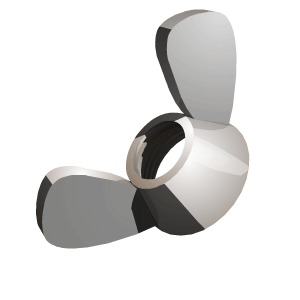The monasterial rule (which before the general introduction of clocks was commonly followed by the mediæval public in the computation of time) divided the twenty-four hours of the day and night into seven parts (six of three hours each and one of six), the inception of which was denoted by the sound of the bells that summoned the clergy to the performance of the seven canonical offices i.e.
Matins at 3 AM,
Prime at 6 AM,
Tierce at 9 AM,
Sexte or Noonsong at Noon,
None at 3 PM,
Vespers or Evensong at 6 PM and
Complines or Nightsong at 9 PM, and at the same time served the laity as a clock.
| Time |
Canonical Office |
| 03:00 |
Matins |
| 06:00 |
Prime |
| 09:00 |
Tierce |
| 12:00 |
Sexte or Noonsong |
| 15:00 |
None |
| 18:00 |
Vespers or Evensong |
| 21:00 |
Complines or Nightsong |
The Decameron: The Classic Translation of John Payne, by Giovanni Boccaccio, John Payne (Translator)
Leave a Reply
You must be logged in to post a comment.